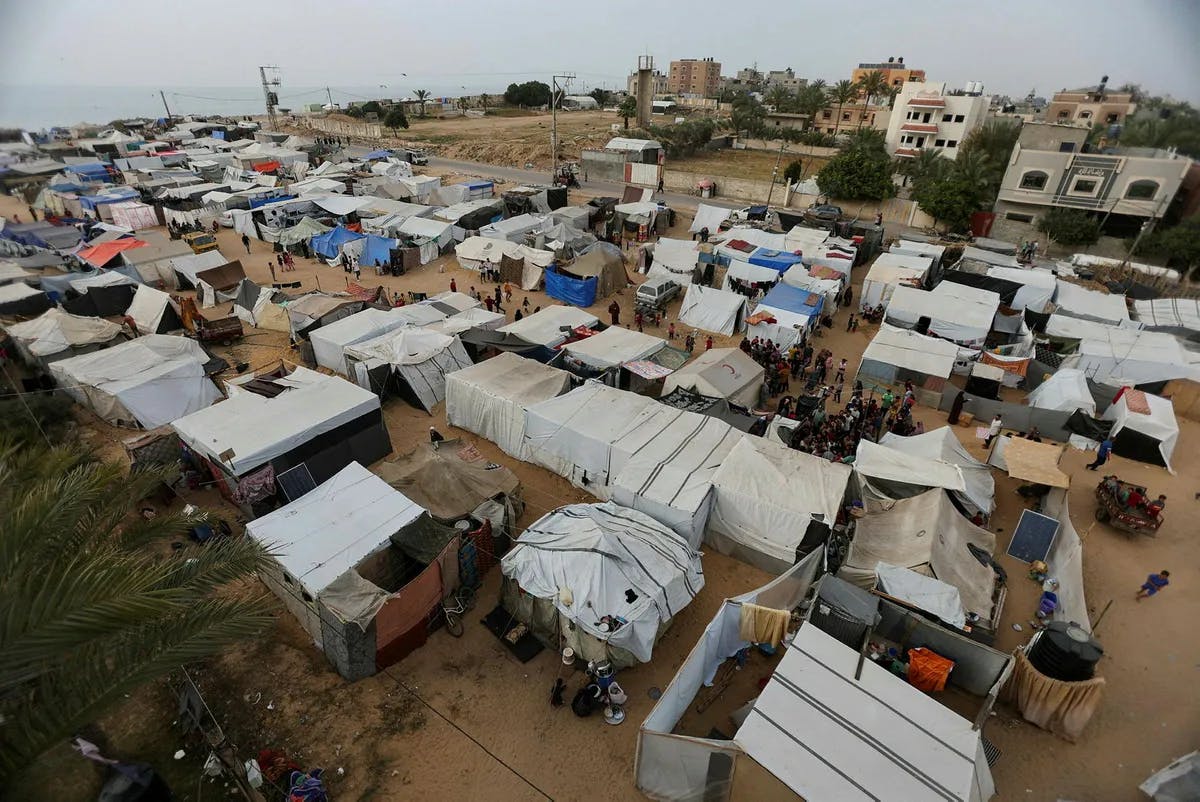Published: 8 August 2024
Last updated: 8 August 2024
Daniel Byman's seven options for Gaza
- Israel fully reoccupies the territory. Israel has a significant military presence, but it does not really run the strip on a day-to-day basis. No one does.
- Gaza returns to its status quo before October 7. Hamas rules Gaza, as it did between 2007 and 2023, albeit with even more difficulty than before.
- Hamas exercises power behind the scenes, as Hezbollah does in Lebanon. If Hamas became puppet master to a generic Palestinian administrative power in Gaza, the Israeli government could publicly claim that Hamas no longer governs Gaza, and foreign governments could send aid to the territory without openly assisting a terrorist government. Ordinary Gazans could thus gain some humanitarian relief and, if all sides accepted the charade, a degree of stability. But the risks for Israel would be many.
- The Palestinian Authority takes the helm - the Biden administration's preferred approach.The PA ran Gaza before Hamas seized power in 2007; it controls parts of the West Bank and enjoys support from much of the world. Installing the PA, however, would not be a silver bullet. The PA’s track record in the West Bank is poor. Nearly 90 percent of Palestinians want Mahmoud Abbas, the 88-year-old head of the PA, to resign. Most important, many Palestinians see the PA as Israel’s stooge because it cooperates with Israeli security services.
- A local, unaffiliated Palestinian leaders or technocrats taking charge. This result, promoted by some Israeli leaders, is largely a pipe dream. Hamas is so deeply enmeshed in Gaza that it would be hard to find respected officials there who are independent of the group and strong enough to resist its influence.
- Outsiders control Gaza in the form of de facto trusteeship, as happened in Kosovo and East Timor. The trustee, perhaps made up of officials and forces from Arab and European countries acting under UN auspices, could provide security and administer services. In practice, however, a trusteeship is likely to fail, and no one is volunteering for the job.
- A failed state. If no new government is imposed or emerges, chaos will likely dominate even after the fighting stops. Gaza may end up like Somalia, where civil war, crime, and humanitarian crises are the norm. Some version of a failed state is the likeliest scenario for postwar Gaza.
Byman's conclusion
All options for Gaza’s future are bad, but to prevent outright chaos, it is worth focusing sharply on the least bad scenario—the return of the PA to Gaza.
Daniel Byman is a Professor in the Security Studies Program at Georgetown University and a Senior Fellow in the Warfare, Irregular Threats, and Terrorism Program at the Center for Strategic and International Studies.
READ MORE
Can anyone govern Gaza? (Daniel Byman, Foreign Affairs)
RELATED STORIES
‘Going to a very bad place’: Israeli reservists who refuse to return to Gaza cite military’s destructive approach (CNN)
Every day for two months, Michael Ofer Ziv spent hours watching grainy, black-and-white footage of the Gaza Strip from a tiny room across the border.
US: 'closer than ever' to cease-fire in Gaza; Western diplomats say talks still stuck (Haaretz)
US National Security Council Spokesperson John Kirby claimed a deal is on the table, but Western diplomats whose countries are involved in the Israel-Hamas negotiations deny knowledge of a breakthrough in talks.





Comments
No comments on this article yet. Be the first to add your thoughts.